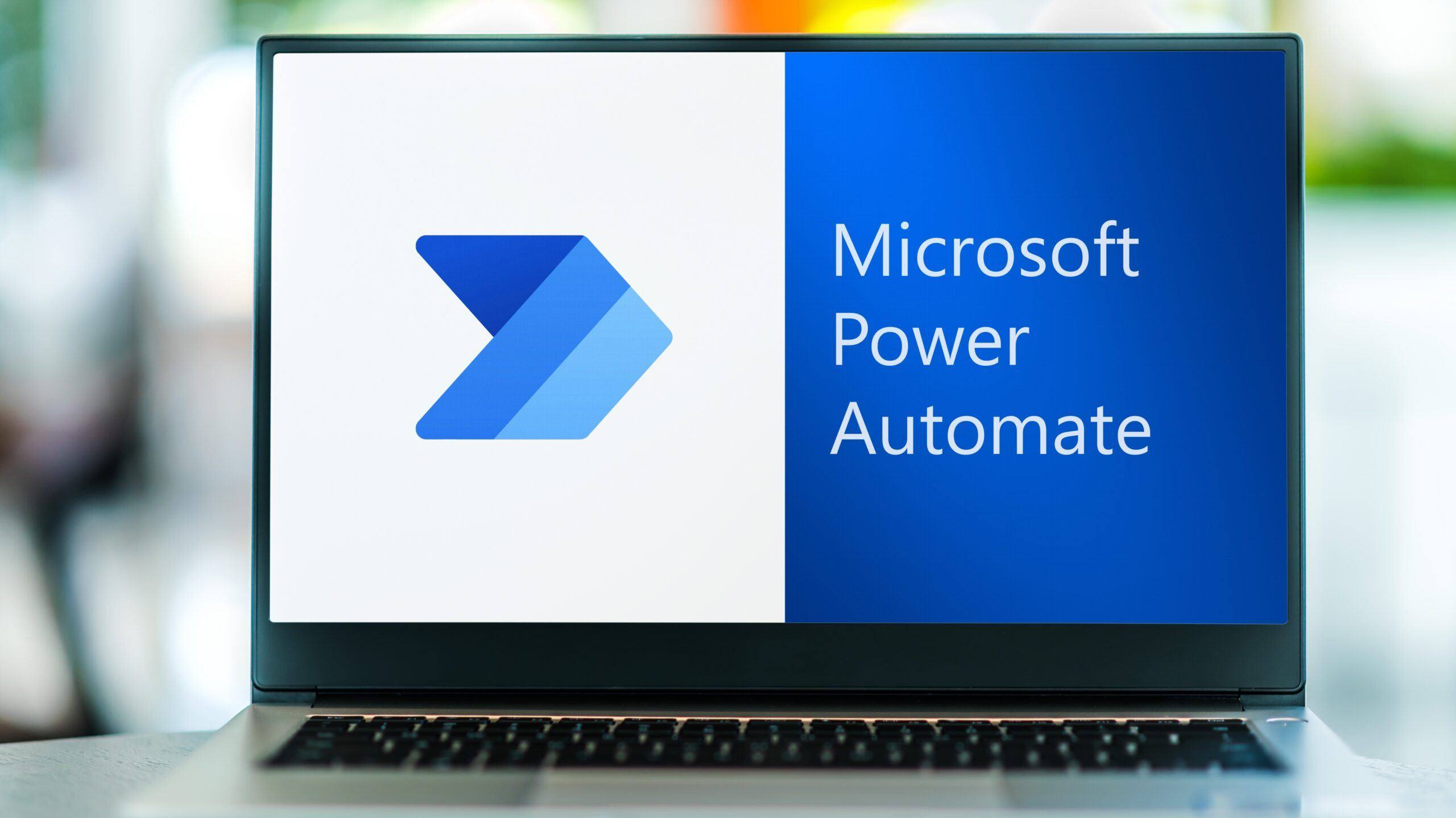IT Support Essentials When Relocating Offices

The 2020 coronavirus pandemic caused upheaval in virtually every facet of life. In the aftermath of the lockdown slowdown, businesses are still searching for solutions that enable them to navigate the “new normal” and plan for the future.
Peaks and troughs are cyclical occurrences in the life of any business. Economic uncertainty and the mass transition to a hybrid model suggest the next 18 months will feel like a trough.
According to reports, 68% of large companies are planning to downsize and relocate offices. Many other businesses are navigating the complexities of pivoting to a hybrid model.
Relocating offices enables you to lower rental fees and free up cash flow that can be used to ramp up areas of your business which increase income streams.
With more than 80% of firms in the UK pivoting to a hybrid model, companies need a robust IT infrastructure that provides a secure working environment employees can access from anywhere.
What’s more, your IT infrastructure needs to give you the agility to adapt to market opportunities, navigate risks, and upsize or downsize as and when required moving forward.
Create an IT Infrastructure Plan
Relocating offices gives you the opportunity to address your IT infrastructure, transition to new technologies and lower costs typically associated with an in-house team.
The first place to start is to identify business-critical devices, quantifiable software solutions, servers and storage options. If you are moving to a hybrid office, you should consider how much of the old IT infrastructure you want to take with you, what do you need to buy and whether you will introduce a Bring Your Own Device (BOYD) policy.
A BOYD policy is another effective strategy to reduce an outflow in costs. However, you should consider the pros, cons and potential solutions. You can learn everything you need to know about BYOD in this article.
Another key question you should consider in the planning stage is whether to migrate to cloud computing or retain your in-house servers. Due to the nature of remote working, cloud servers are invaluable.
However, most businesses adopt a strategy that combines cloud solutions and on-premise servers.
Cloud Computing Makes Relocating Offices Easier
Migrating to the cloud helps to reduce the cost of managing and maintaining your IT infrastructure. Cloud servers are also more reliable, so there is less downtime. Remote workforces also have the flexibility to access files anytime, anywhere and from any device.
The knock-on benefits of cloud computing are the possibility to move faster in the market, simplify innovation, upscale and downscale at any time, add other layers to your cybersecurity defences, create remote desktops like the new Windows 365 Cloud PC and reduce the risk of data loss in a disaster recovery scenario.

There is also the potential to reduce operating costs, but this depends on the size of the company. Cloud platforms, for example, make it easier to install and perform software updates.
However, subscription-based software such as Microsoft 365 can be expensive for large companies. Subscriptions are purchased per head. On the other hand, you don’t need in-house IT specialists so reduce the wage bill.
Another way to get around paying for multiple subscriptions is to take advantage of remote IT Support teams that provide Microsoft 365 as a service. This solution gives you the best of both worlds – reduced software costs and access to IT specialists without having to pay a full-time salary.
Lastly, cloud platforms are the best way to resolve issues remote teams face when working from home, on their travels and overseas. Cloud software, for example, enables multiple people to work in the same document at the same time, share folders in a secure environment and take ownership of the work they create.
When documents are open, the author’s name is recorded. Collaborators that contribute to the document, suggest edits or make amendments are also tagged in the document. It’s also easy to keep track of the latest version.
As a result, your staff has more flexibility where they work and how they work. With the ability to access files and emails etc from anywhere, workers tend to be more productive.
For example, an individual may address email on the commute to work and get the housekeeping out of the way in what previously was dead-time between the home and the office.
We’re Relocating Offices, Should We Install a Digital Telecommunication System?
Today’s telecommunication systems are moving into the digital space. As a matter of fact, UK landlines will be obsolete in 2025. Businesses that rely on faxes and landlines don’t have much time to install a solution.
Moving to a new office is an ideal opportunity to upgrade legacy telephony systems and switch to a digital solution. Most of your employees will already be accustomed to various messenger apps such as WhatsApp and Facebook Messenger. Zoom and Skype Business also leveraged adoption during the 2020 lockdowns.
Modern telephony systems, VoIP technologies, use a private branch exchange (PBX) which enables you to make calls over an internet connection.
There are two types of telecommunications systems; on-premise or cloud. If you prefer to keep your telephony system onsite, you will need to purchase all the hardware including phones, computers, headsets, microphones and cables.
Cloud-based telephony systems work directly from a desktop PC, laptop or mobile device. Traditional telephones are unnecessary. You can also reduce costs by avoiding the expense of purchasing a PBX system.

Cloud systems are also more user-friendly for remote workers. So if your work-from-home teams spend most of their time on calls to customers, travelling or collaborating from remote locations, a cloud-based VoIP system is the amicable solution.
Modern telephony systems also create a space for remote teams to collaborate. You can share documents directly from the VoIP platform and redirect calls that connect to personal devices such as mobile, laptops and tablets. Providing the recipient’s device is connected to a wi-fi connection they can collect the call from a remote location.
Address Network and Data Security?
Whether you’re pivoting to a hybrid office or relocating offices as part of your corporate strategy, protecting your IT network and sensitive data should be a priority.
Reports of major data breaches are a weekly occurrence. Cybersecurity firms warn the number of attacks targeting remote workers will increase moving forward.
Network security is designed to protect your entire IT infrastructure from unauthorised access, theft or destruction of business data, infections and compliance with data protection laws such as GDPR.
It’s worth bearing in mind that data theft does not only come from external cyber threats. There could be an opportunity for a disgruntled or rogue employee to steal data for profit or an act of corporate sabotage.
Modern IT infrastructures should include network security from any type of potential attack. Network security solutions include:
- Behavioural analytics
- Anti-virus and anti-spyware
- Firewalls and intrusion prevention systems
- Network segmentation
- VPN
- Web security
- Cloud security
- Mobile security
- Wireless security
- Email security
- Application security and access control
- Backup and recovery
Cybercriminals use a variety of strategies and sophisticated technologies. One of the most common forms of attack is to persuade people to click on a malicious link or download a file that releases malware onto a device.
Once cybercriminals have access to a device they can perform certain actions depending on the type of malware. The most common to date is ransomware which allows malicious actors to take over your network so that you can’t access your business data. Businesses usually have to settle a ransom for the safe return of their data.
Spyware is another common means of infiltrating business networks. This type of malware observes the behaviour of the device user and can spy on sensitive files, identify password accounts and steal financial records.
Staff training should be included as part of your network security strategy. It’s critically important that every member of your workforce is able to identify the common types of cyber-attacks, learn how to recognise suspicious emails and understand how to report potential threats.
Network security solutions will also protect your files from becoming infected. This is particularly important if you are collaborating with random contractors in remote locations, or sharing files with partners, consultants and analysts from outside the company.
If you’re planning to adopt cloud computing solutions, we also recommend investing in IT support services that specialise in cloud solutions. One of the most common forms of a data breach is through cloud platforms that have not been configured correctly.
Disaster Recovery Plan
Installing the right IT infrastructure in the right way could be the difference between the smooth running of your business or costly delays and downtime.
Protecting your business data from cybercriminals is a priority, but so too is business continuity planning. Data storage servers could be damaged during the move or files could go missing during the cloud migration process.

A disaster recovery plan reduces the risk of downtime and a loss of productivity. If you have a client-facing IT infrastructure, a significant crash could even result in the loss of valuable customers.
The key components of a disaster recovery plan set out the process for reinstating operations that a business-critical together with timescales. We have written about how to prepare a data recovery plan in a previous article. Our IT consultants are also on hand to assist if you need guidance.
IT Support Services In London
During times of change and adjustment, businesses require an IT support team they can rely on. Whether you’re relocating offices as part of your business strategy or pivoting to a hybrid model, our team of specialists will help the transition to run smoothly.
The IT support services we offer can be customised to suit your business needs and your budget. Our specialist knowledge of cloud computing and implementing a robust IT infrastructure is invaluable.
Our aim is to create a dynamic infrastructure that gives your employees more autonomy and maximises efficiency. Remote workers rely on digital technologies but need the right mix of software, hardware and network security solutions to maintain productivity, and collaborate in a secure environment.
Together with cloud solutions, VoIP, disaster recovery services, and cybersecurity training for your staff members, our experienced and knowledgeable experts have many other IT support services which can enhance your business operations.
Our help desk is available 24/7 so no matter which timezone your team members are in, our IT support team will be on hand to troubleshoot any problems they encounter. If you want to know what else we can do for you, why not get in touch and speak with a member of our friendly and knowledgeable team.


